Opening Hours: Mon – Thur 8:30 am – 5:00 pm Fri 8:30 am – 4:00 pm
Streamline Your Operations with a Spectrum License from SMA
Applying for a maritime spectrum license with SMA is a simple process. Follow these steps to get started.
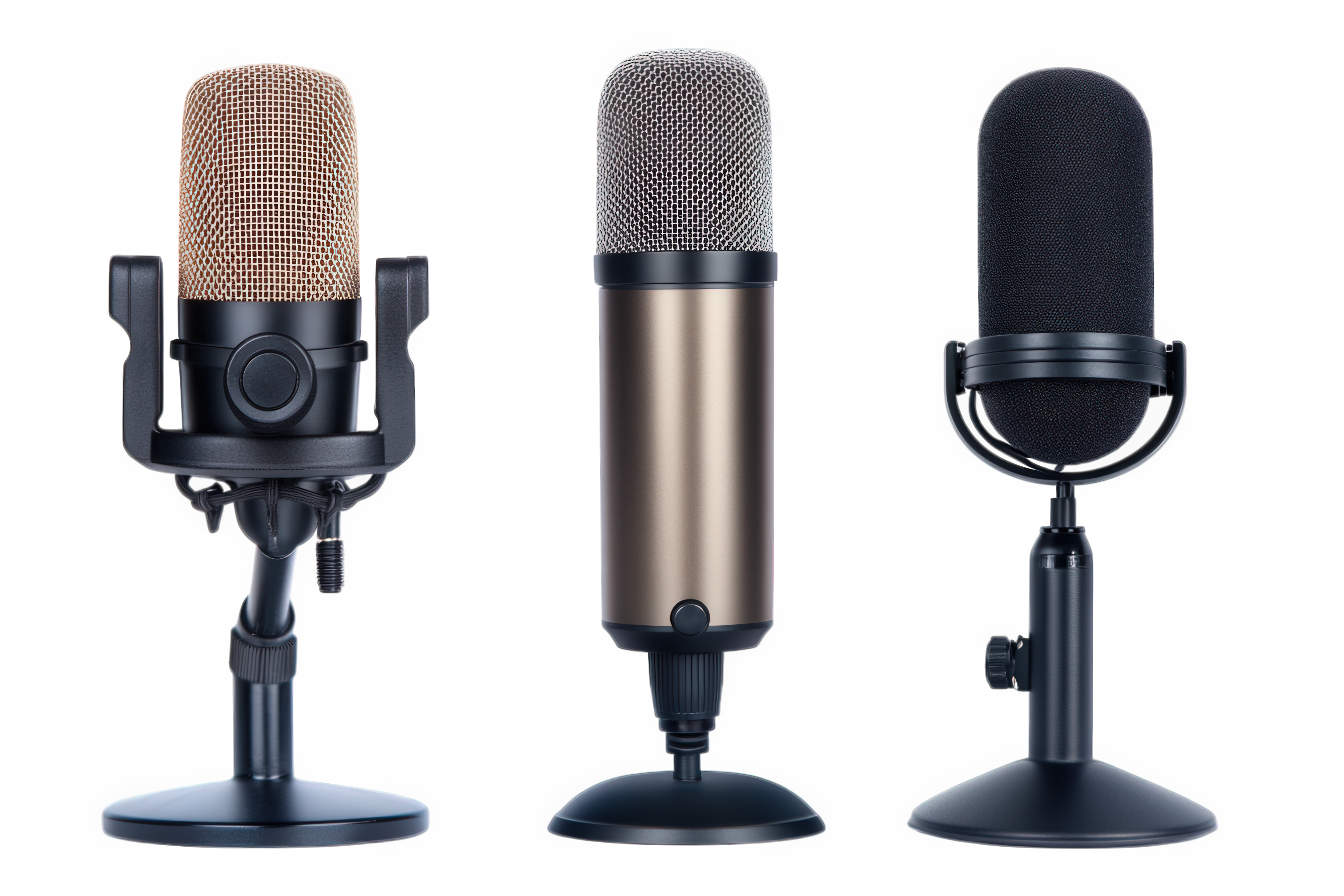
Amateur License Overview
An Amateur Radio License, commonly known as a ham radio license, is your gateway to exploring the exciting world of radio communications. It empowers individuals to use the radio frequency spectrum for non-commercial communication, connecting you with fellow enthusiasts around the globe.
To obtain this license, you’ll need to complete a radio technician course and successfully pass an exam. It’s an opportunity to gain valuable knowledge and skills in electronics, operating procedures, and radio regulations. The effort you invest in this training will not only open doors to a vibrant community but also enhance your understanding of technology.
Don’t miss out on the chance to connect, communicate, and contribute. Start your journey toward becoming a licensed amateur radio operator today!
This course is expertly designed to empower participants with the essential knowledge and skills needed to excel as radio technicians. Covering key areas such as the Principles of Electricity, Theory of Radio, and Cable and Fibre Optics, it strikes a perfect balance between theoretical understanding and practical application.
With a total of 105 hours—whether you choose 5 hours per week for 21 weeks or 7 hours per week for 15 weeks—you will receive the comprehensive training required to tackle real-world challenges in telecommunications. This course is ideal for individuals with relevant experience or prior certification in similar content areas.
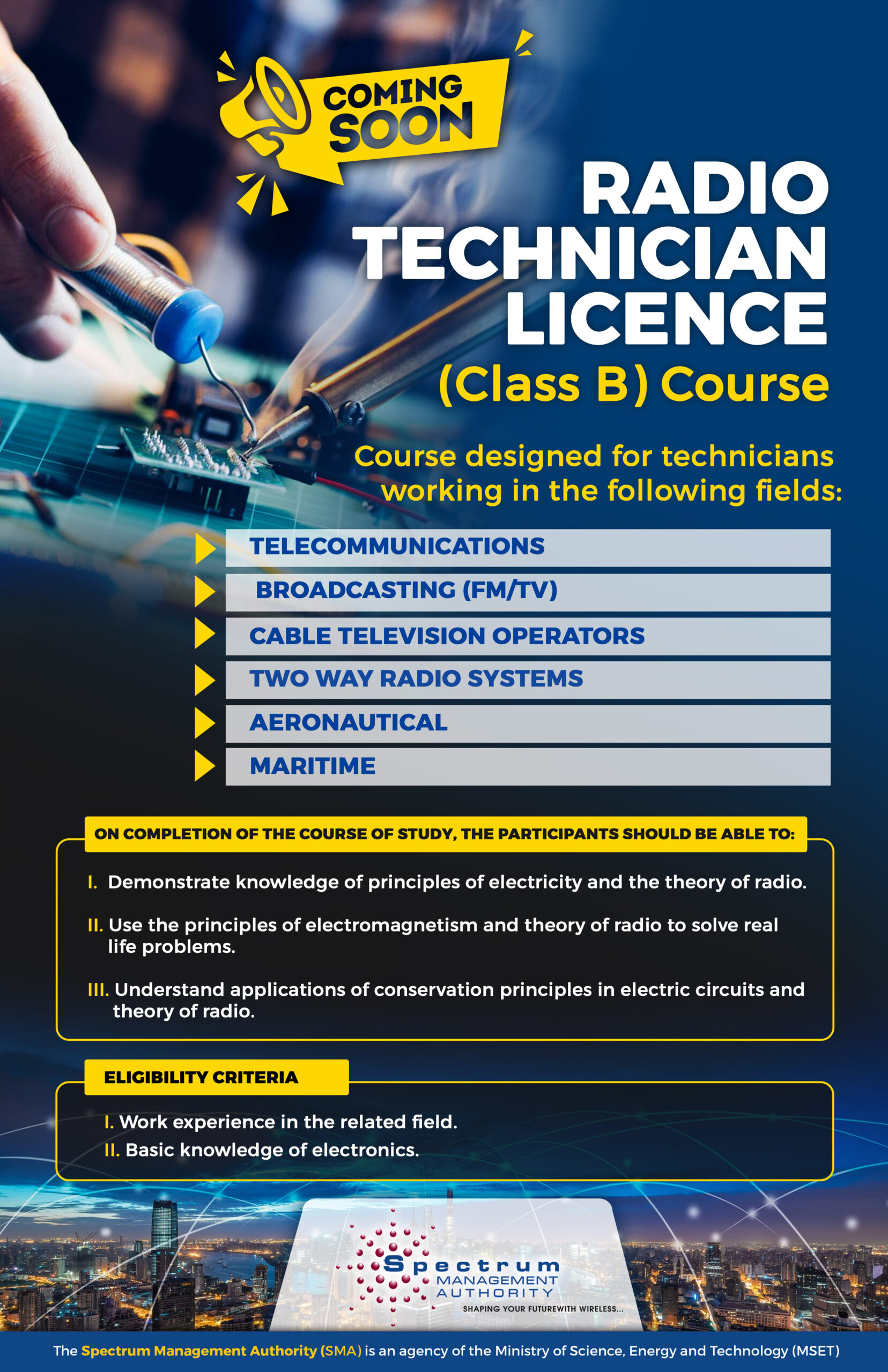
Assessment is straightforward: 60% coursework and 40% final exam, ensuring that your learning is both assessed and rewarded effectively. Enroll now to enhance your expertise and position yourself at the forefront of the radio technology field!
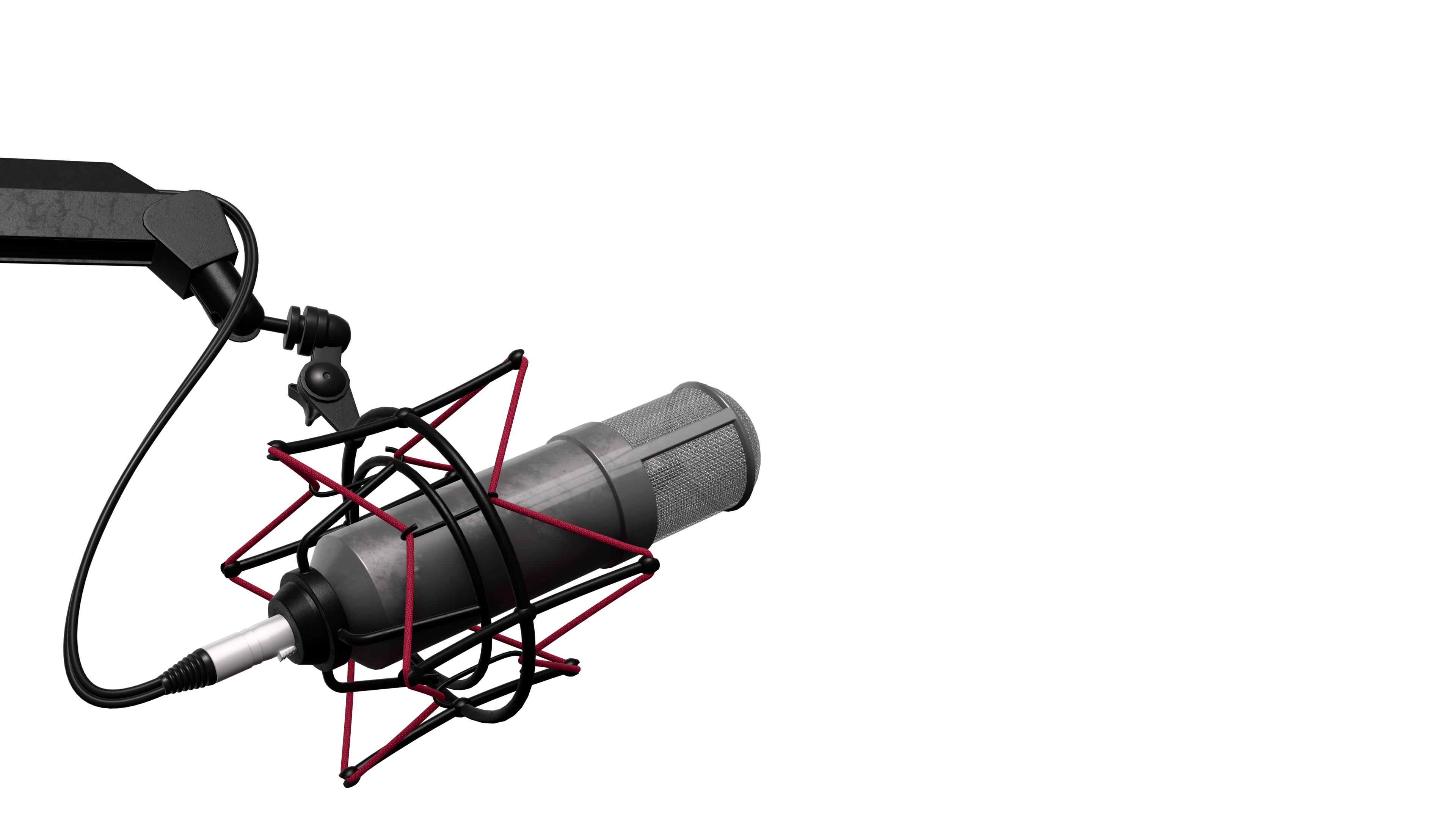
1.Radio Operator’s Certificates Held
2.Proof of Identity
JMD – $2500.00
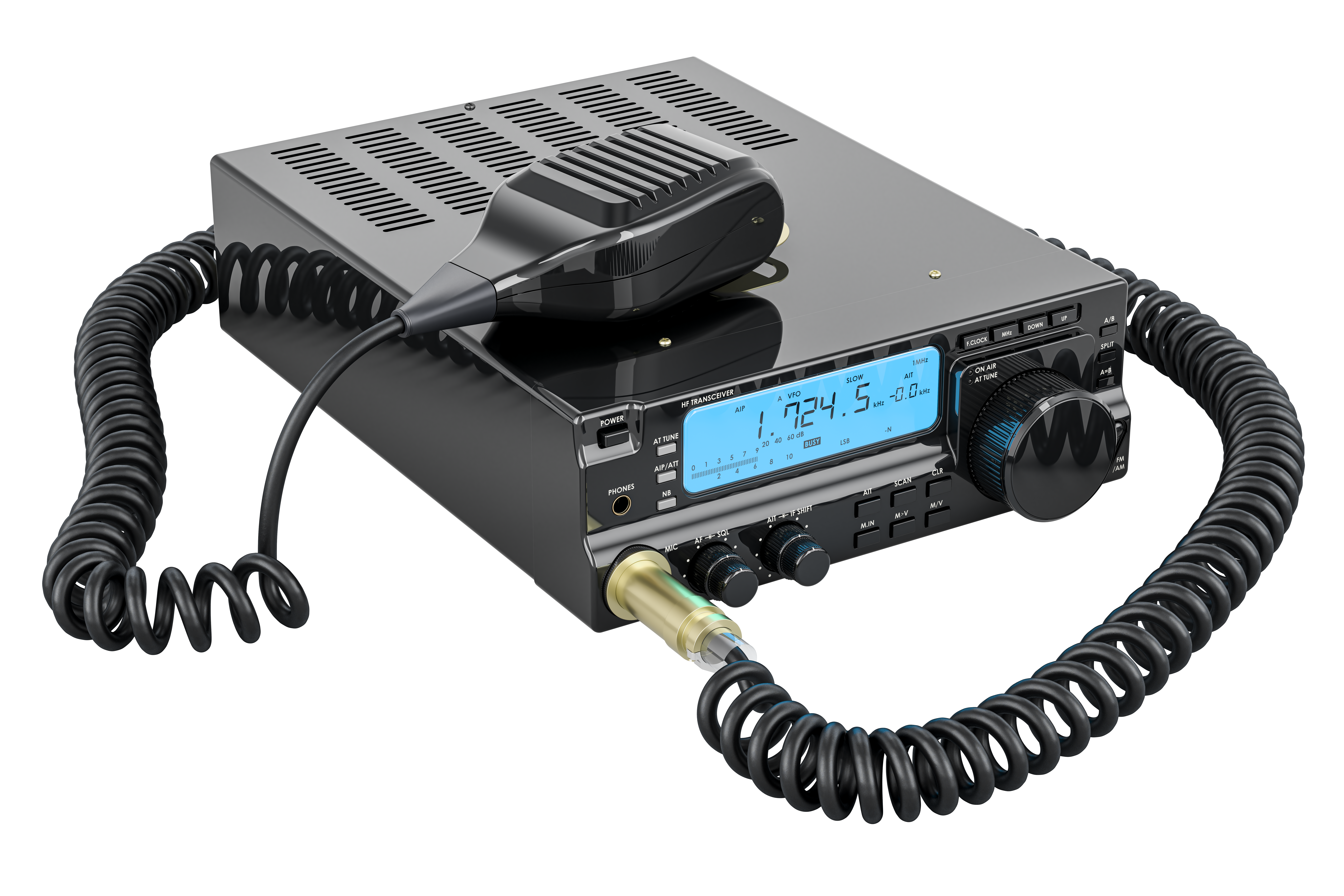
Operating amateur radio requires adherence to essential guidelines that ensure effective and respectful communication. Before transmitting, always listen to the frequency to confirm it’s not in use—this shows professionalism and respect for fellow operators. Moreover, be mindful of potential interference from your signal; it’s your responsibility to maintain a clear channel.
During communication, embody courtesy and professionalism. Speak clearly and deliberately, especially when conditions are poor. Use plain language to ensure your message is understood by everyone. Keep your exchanges concise—brevity fosters clarity.
Make it a habit to announce your call sign at the end of each conversation and every ten minutes during longer chats; this practice reinforces accountability. Employ Q-codes judiciously—master their meanings but avoid overuse to keep conversations smooth.
Stay clear of controversial topics, as these can lead to unnecessary conflict. Respect the ongoing dialogues of others; don’t interrupt—wait for appropriate pauses before entering the conversation. Always tune your equipment using a dummy load—this avoids disruptions on the air.
Finally, after a contact, move off frequency to keep the channels open for others. Following these guidelines will elevate your amateur radio experience and strengthen our community. Embrace these practices confidently—they are the foundation of effective communication.
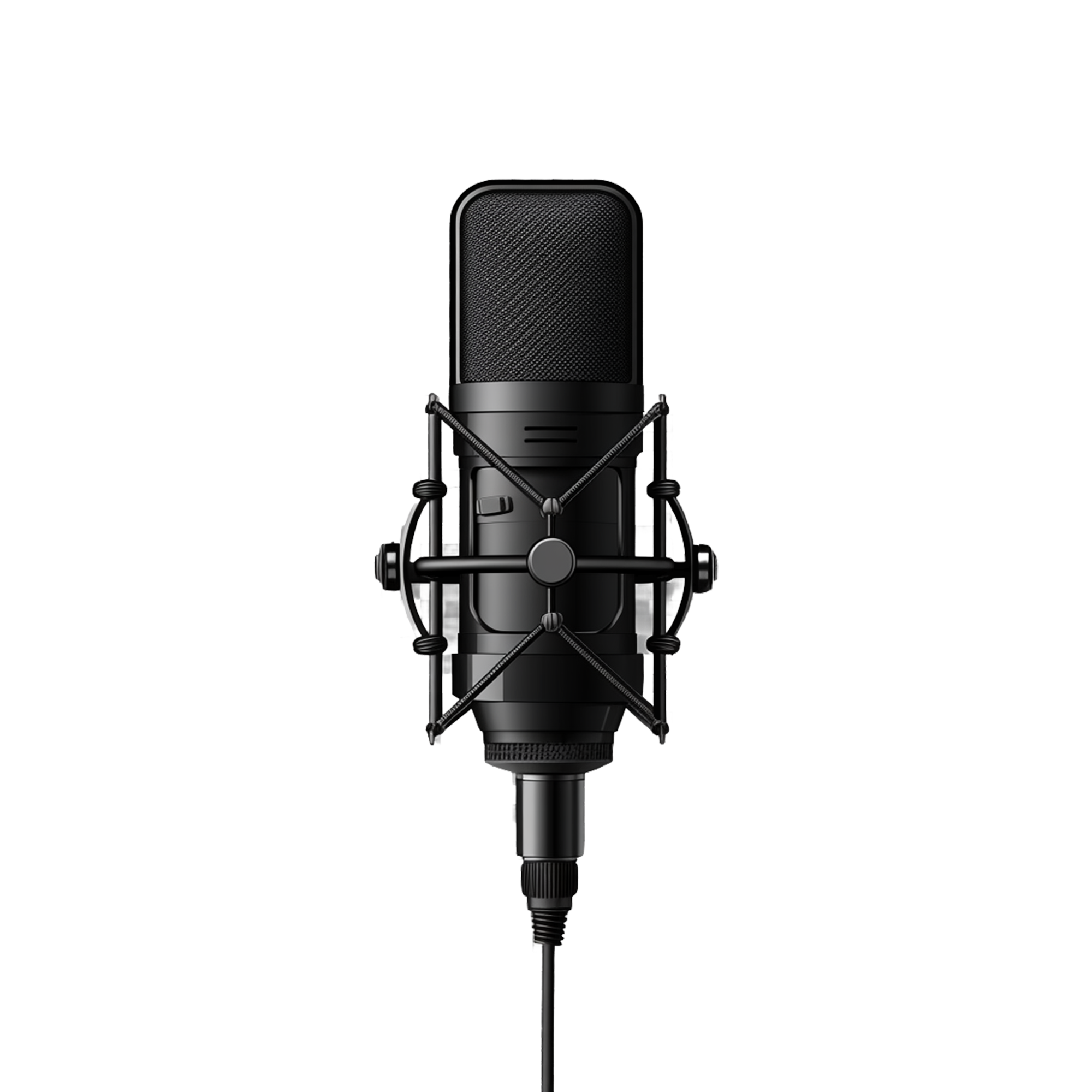

If you’re planning to operate amateur radio in Jamaica as a foreign operator, it’s a straightforward process. To get started, ensure you have a valid amateur radio license from your home country and carry proof of your citizenship.
When you operate, identify your station in the correct format: “Y” followed by the FCC call letter district number, a slash, and your non-Jamaican call sign. It’s essential to note that if you possess an SMA-issued alien amateur radio license, you won’t be eligible for reciprocal operating authority, as this license takes precedence.
Take advantage of Jamaica’s reciprocal operating agreements with various countries—these arrangements make it easier for licensed foreign operators like you to enjoy the unique experience of amateur radio in Jamaica under specific conditions. Embrace this opportunity confidently and enjoy your time on the airwaves!
Amateur radio, also known as “ham radio,” is a hobby and service that uses radio frequencies for non-commercial communication, experimentation, self-training, and emergency communications, requiring a license and a call sign.
To obtain an Amateur radio license, you need to submit an application to the spectrum management authority and meet the necessary requirements.
Amateur radio uses a wide range of frequencies, from the 60-meter band (around 5 MHz) to the microwave frequencies, with common bands including HF (3-30 MHz), VHF (30-300 MHz), and UHF (300 MHz – 3 GHz).
Amateur radio, or “ham radio,” offers a diverse range of benefits, including fostering a sense of community, providing a unique hobby, and offering valuable skills for emergency communication and technical exploration.
Yes, there are restrictions on amateur radio usage in Jamaica, including the need for a license, limitations on third-party traffic, and specific requirements for equipment and operation, as outlined in the Radio and Telegraph Control Act.

Get authorized to use the mobile spectrum and expand your services.
